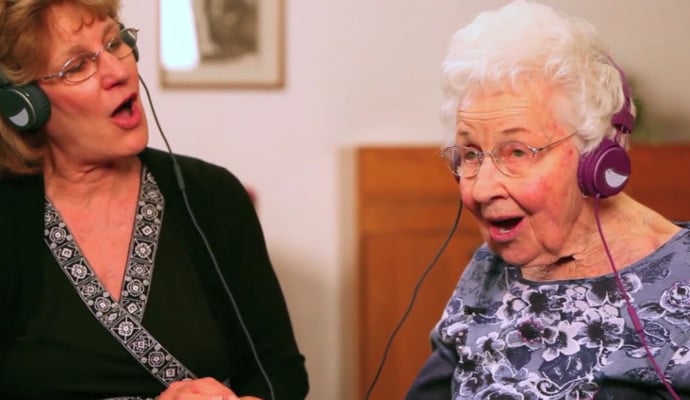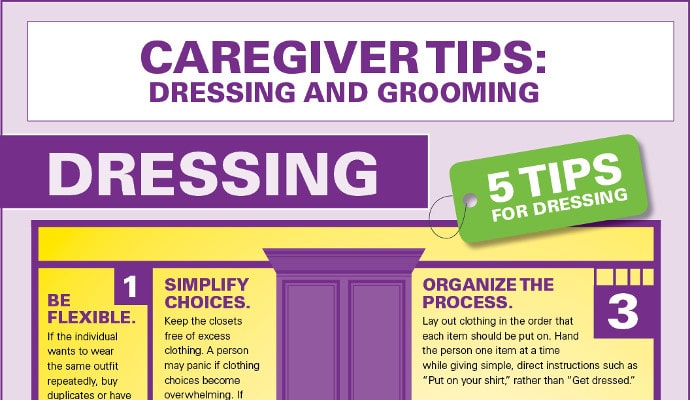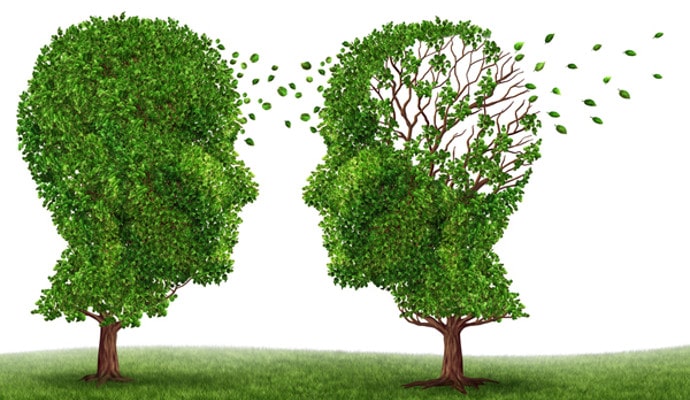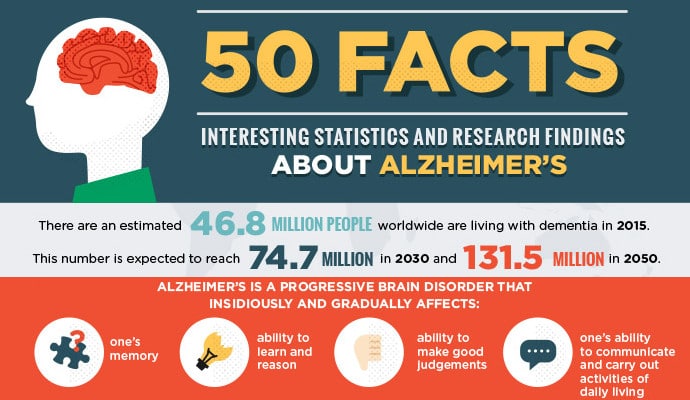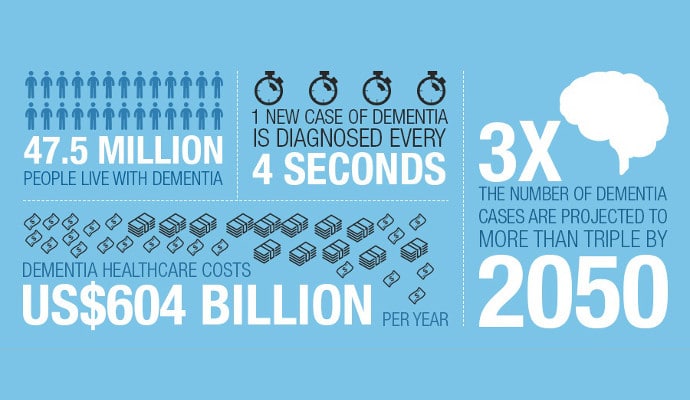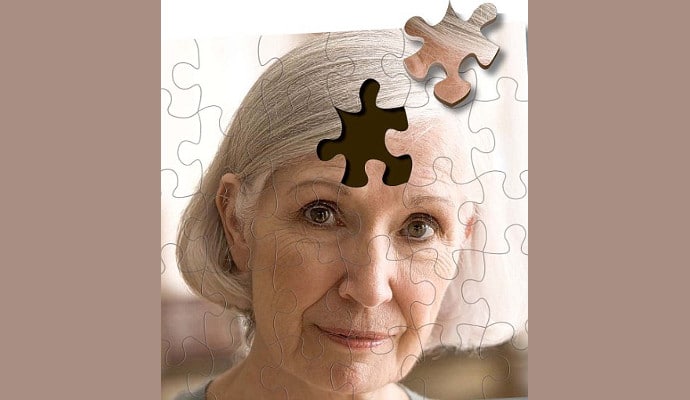Music is great for seniors with dementia Music benefits seniors with Alzheimer’s or dementia in many ways. Multiple research studies confirm this, and documentaries like Alive Inside allow us to witness music’s amazing effect on older adults. Music has even been shown to be more effective than medication in boosting mood, reducing anxiety and agitation, and increasing happiness and engagement – even…
